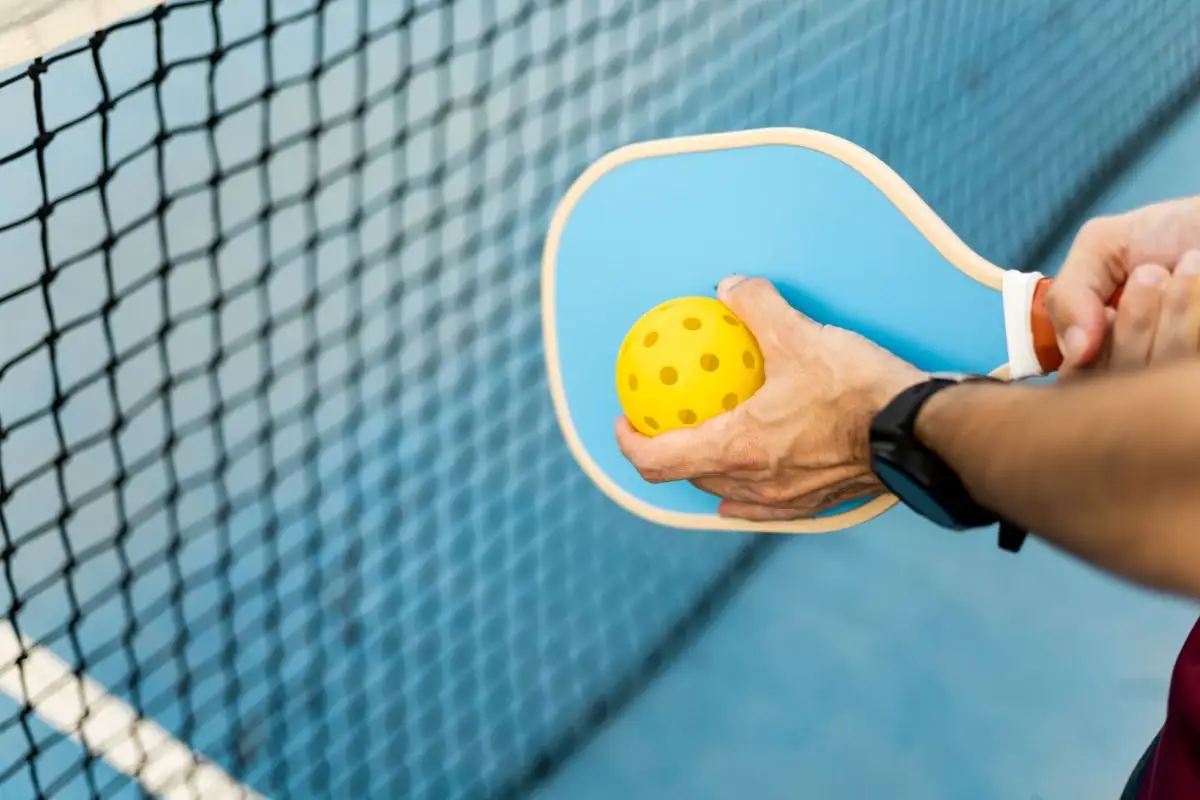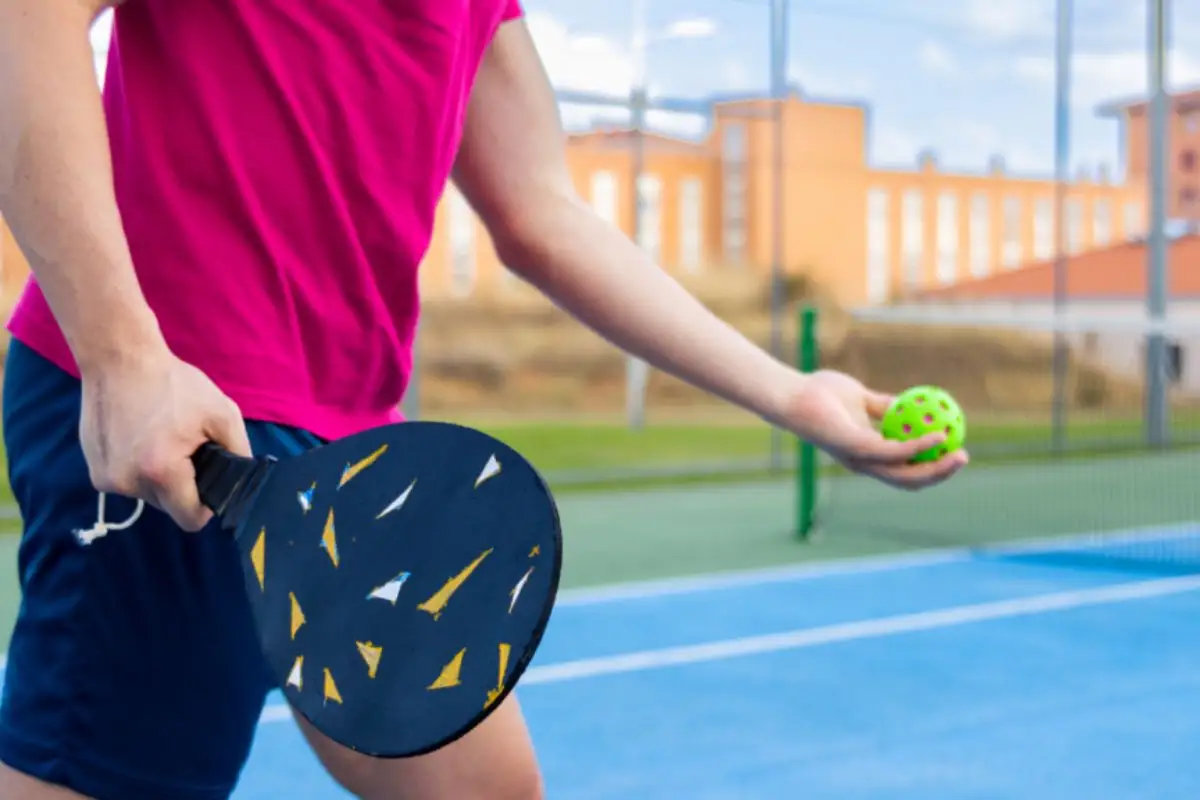The Art of Balancing Pickleball Rules and Fun: Pickleball is a unique blend of competitiveness and camaraderie. For anyone who has participated in recreational play, it becomes clear that the game often walks a tightrope between enjoying oneself and adhering to the rulebook. While some pickleball players adhere strictly to the regulations, others adopt a more relaxed approach, leading to spirited debates on what truly matters in recreational play. So, how does one strike that balance?
This article explores which pickleball rules deserve strict enforcement, when it is acceptable to ease up, and how respecting the spirit of the game can enhance enjoyment for everyone involved.
The Importance of Rule Adherence
One of the primary arguments for strict adherence to the rules in recreational play is that it promotes fairness and consistency for all participants. Consider this scenario: a player steps into the non-volley zone and hits a volley. While this may seem like a minor infraction, failing to address it can blur the very essence of the game.
The non-volley zone, or “the kitchen in pickleball,” is what sets pickleball apart from other racket sports, making it more accessible and engaging. Many players view ignoring such violations as akin to disregarding the score in tennis or permitting overhead serves in ping pong. Without these regulations, pickleball risks losing its distinct flavor.
Additionally, following the rules contributes to the enjoyment of the game and fosters good habits. Many recreational players will eventually transition to tournament play, and neglecting fundamental rules during casual games can lead to challenges when the stakes are raised. Adhering to the rules is not merely about competition; it is also about respecting the game and those with whom one plays. As one player aptly stated, “The rules are there to make it more fun. Without them, there’s no game.”
Navigating Rules: What to Enforce and What to Relax
Recreational play is designed to be just that—recreational. Within the pickleball community, there is a consensus that not all rules should be enforced equally during casual games. Below are general guidelines for what to enforce strictly and what can be approached with leniency.
Rules to Enforce Strictly
- Non-Volley Zone Violations: If a pickleball player volleys within the non-volley zone, it fundamentally alters the mechanics of the game and should be addressed.
- Out Balls Called In: Incorrect calls, such as an obvious out ball being incorrectly deemed in, undermine the fairness of the match.
Rules to Relax
- Catching an Out Ball: To prevent a ball from rolling onto another court, catching it is often more about safety and courtesy than the point itself.
- Redo on Faulted Serve for Beginners: In games with beginners, allowing a redo can create a positive and encouraging atmosphere.
When deciding which rules are non-negotiable, players must assess the impact on the game. Violations that fundamentally change the outcome—like non-volley zone infractions—should generally be enforced, while less consequential infractions—such as a foot barely touching the NVZ line after the rally has been won—may be overlooked.
Promoting Self-Accountability
A prevailing sentiment among pickleball enthusiasts is to call out violations on oneself while being lenient toward opponents. This philosophy fosters personal accountability and ensures a more enjoyable experience for all participants.
The Art of Reading the Room
In recreational play, an essential pickleball skill is the ability to read the room—understanding whether pickleball players seek a fun, social experience or a more competitive atmosphere. Here are tips for assessing the vibe:
Playing with Beginners
- Avoid calling out every minor infraction.
- Wait until after the game to explain the rules politely.
- Focus on creating a positive learning environment.
Playing with Competitive Players
- Expect and appreciate calls on violations, even minor ones.
- Upholding the rules encourages everyone to perform at their best and prepares them for competitive play.
Knowing When to Let it Go
There are instances when overlooking certain pickleball rules is not just acceptable but considerate. Here are examples:
- Older or Less Mobile Opponents: Avoid lobbing shots over their heads or calling minor foot faults to ensure a more enjoyable experience for everyone.
- Minor, Non-Impactful Violations: If a pickleball player consistently serves illegally or steps into the NVZ without being called out, it can create tension. However, if the violation does not affect the match’s outcome, it may be better to let it slide.
The key lies in finding that sweet spot—allowing minor, non-impactful violations while enforcing the fundamental rules that define pickleball.
Embracing the Spirit of Fair Play
Ultimately, recreational play is about finding joy in the game and fostering a sense of community. This pickleball rules serve to provide structure, fairness, and identity to pickleball, but there is room for flexibility, particularly when the objective is to keep the atmosphere light and enjoyable.
Key Takeaways
- Respect the Game: Adhere to the rules that define pickleball, especially those impacting the outcome.
- Be Flexible Where It Makes Sense: Let minor infractions slide if they do not compromise fairness or the core experience.
- Communicate and Read the Room: Assess whether the group leans toward competitive or casual play and adapt accordingly.
News in Brief: The Art of Balancing Pickleball Rules and Fun
Pickleball blends competitiveness with camaraderie, challenging players to balance strict rule adherence with enjoyment. While some argue that following pickleball rules fosters fairness, others suggest leniency in recreational play. Key guidelines include enforcing non-volley zone violations while allowing flexibility with minor infractions. Ultimately, the spirit of the game lies in fostering community and joy, ensuring that the rules enhance rather than hinder the fun.
ALSO READ: The Cross-Training Secret for Pickleball Success: Play Smarter and Boost the Pickleball Skills



